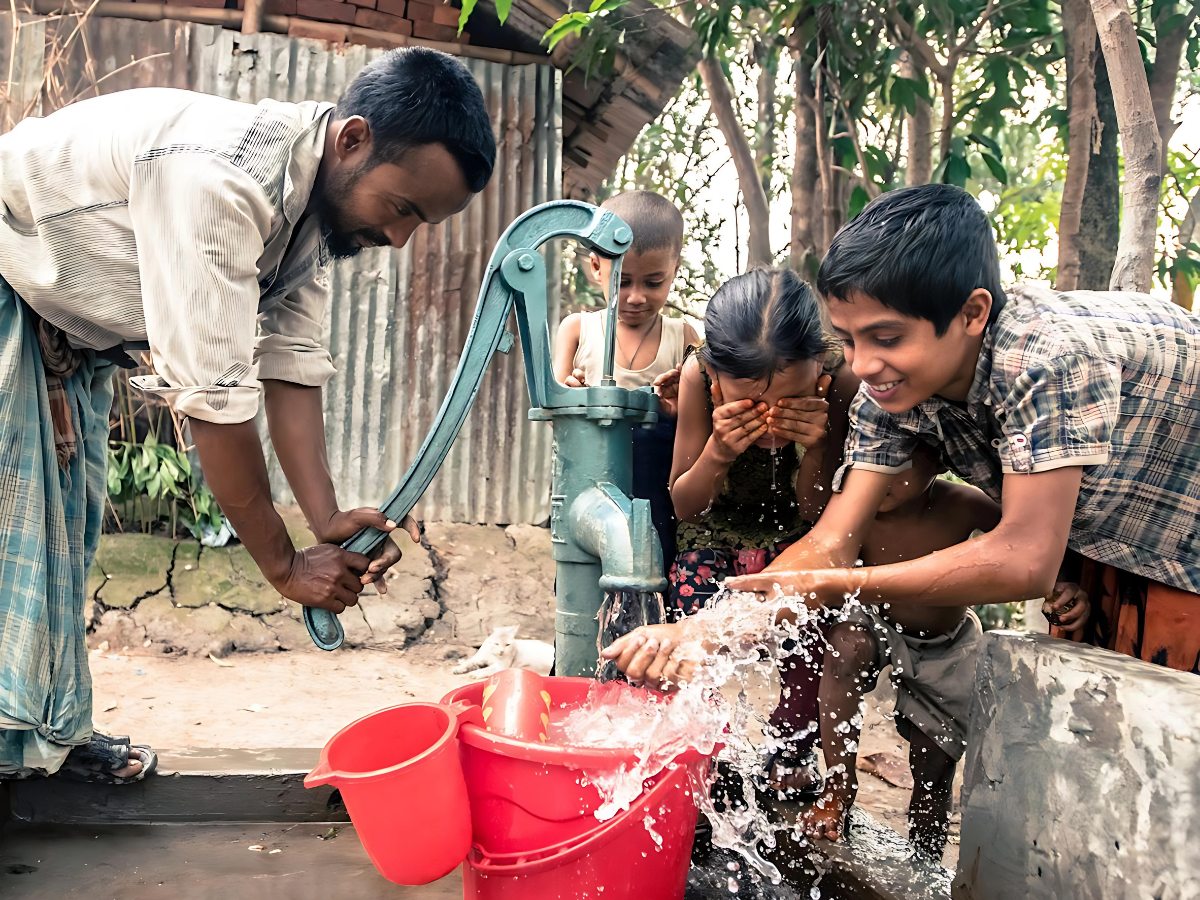Access to Clean Water
- Goal : 50 000$
- Target: 60 000$
Donate Now
[wp_paypal_payment]
Early childhood care and education
- Basic Hygiene and Health: Water facilities provide essential resources for basic hygiene practices, such as handwashing and sanitation. Access to clean water helps prevent the spread of diseases, reducing the risk of illnesses and improving overall health outcomes in communities.
- Nutrition and Food Security: Water is crucial for agriculture and food production. Adequate water facilities support irrigation systems, ensuring that crops receive the hydration they need to grow. Access to water also enables families to maintain kitchen gardens and raise livestock, contributing to food security and nutrition.
- Education and Economic Development: Reliable access to clean water is essential for educational institutions and businesses to thrive. Schools with water facilities can ensure that students stay hydrated and maintain proper sanitation practices, creating a conducive learning environment. Similarly, businesses rely on water for various operations, from manufacturing to cleaning and sanitation.
- Gender Equality and Empowerment: In many communities, women and girls are primarily responsible for water collection, often spending hours each day fetching water from distant sources. Access to nearby water facilities can alleviate this burden, allowing women and girls to pursue education, work, and other opportunities, promoting gender equality and empowerment.
- Environmental Sustainability: Water facilities play a crucial role in promoting environmental sustainability by managing water resources effectively. Proper infrastructure, such as water treatment plants and wastewater management systems, helps minimize pollution and protect natural ecosystems, ensuring a clean and sustainable water supply for future generations.
In conclusion, investing in water facilities for people is not just a matter of convenience; it's a fundamental necessity for human health, dignity, and development. By prioritizing access to clean water, we can create healthier, more resilient communities where everyone has the opportunity to thrive.


1 Comment
John DoeFebruary 22, 2022
There are many variations of passages of available, but the majority have suffered alteration humour variations of passages but the have